
My Yom Kippur
I hated the feeling of being so hungry and thirsty and not being able to brush my teeth. My discomfort certainly didn't make my prayer more meaningful for me…

Up until recently, Yom Kippur has always been a troubling and confusing day for me. There are a few concepts about it that I just don’t understand. First, one day of the year, Hashem instructs us to afflict ourselves and we spend the day in prayer. In exchange, we get forgiveness for all our misdeeds, provided we had made real penitence and had a desire to do better and go forward. I hated the feeling of being so hungry and thirsty and not being able to brush my teeth. My discomfort certainly didn’t make my prayer more meaningful for me. I know that one day of suffering is a good plea deal but still, Rav Arush teaches that Hashem doesn’t want us to suffer at all. Besides, even if I make Teshuva every day like Rebbe Nachman teaches, I still have to observe the rigors of Yom Kippur.
The second concept I have trouble with is our reaching the level of angels on Yom Kippur. There is a custom to wear kittels (white robes). By the Shema prayer, we say the phrase, “Baruch Shem…” (Blessed is the Name…) out loud instead of in a whisper, something the Sages teach that the Angels do in Heaven when praising Hashem. The classic thought is that on Yom Kippur, between the forgiveness, the vocal prayer, dressing in white, the afflictions in not eating, drinking, engaging in marital relations, and wearing comfortable shoes, we have reached the level of the Angels! In that moment, we’re that holy! My problem is that we pray for forgiveness up until the very last moment of Yom Kippur and THEN we can assume we’ve been forgiven by Hashem. If so, we’re not free from sin like the angels until RIGHT AFTER Yom Kippur! We should be saying Baruch Shem out loud at the first Maariv (evening prayer) right after Yom Kippur ends! So, what’s going on? Why are we acting like angels?
The third concept I have trouble with is the excessive praying for forgiveness. I was taught in Yeshiva that my prayers have the power to change Heavenly decrees and get me written into the Book of Life.
During all the Selichot (prayers for forgiveness), I pictured Hashem up in Heaven like Jerry Lewis at a telethon: standing in front of a thermometer poster board slowly shading it in, saying, “Com’n! A few more “Kale Melech” (God King) prayers and you’ll reach the top of my forgiveness meter and I can forgive you and all the Jews!” What about all the other people who don’t celebrate Yom Kippur? What about those 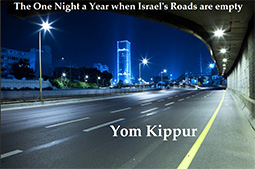 who don’t really pray most of the time? I never see them all dying. What is the real purpose of all this prayer?
who don’t really pray most of the time? I never see them all dying. What is the real purpose of all this prayer?
I’d like to suggest that the main purpose of Yom Kippur is to be a day of forgiveness for the Jews for themselves! As Rav Arush teaches, people constantly suffer from perfectionism and self-persecution. They beat themselves up for falling short of perfect; they think Hashem wants perfection from them. What’s worse is that they don’t believe Hashem loves and forgives them anyways! Hashem knew this was an inherent part of our nature so He gave us Yom Kippur. It’s like He said, “You think I expect you to be perfect like an angel? OK, go try it for a day. Don’t eat, don’t drink, abstain from marital relations, don’t wear comfortable shoes.” Our Sages added to this “angel” exercise by adding the white robes and “Baruch Shem” out loud. What should be our conclusion from trying this once-a-year exercise?
The conclusion is – It is not feasible for us to be angels! If we never ate or drank, we’d die. Even one day is tremendously uncomfortable both during the fast and sometimes even after with the recovery breakfast. I know people who throw up after breakfast after the fast. Every year! No marital relations ever? There would be no people left in the world! No comfortable shoes? Angels don’t have feet, but we do! All this to show us that Hashem doesn’t expect us to be angels.
What about the self-persecution and wondering if Hashem really forgives us? Well, He stated in the Torah that Yom Kippur provides atonement but what about those REALLY, REALLY terrible things we did? How could Hashem forgive us for those things? The answer is in the prayer Chazal (Our Sages) chose for us to pray throughout the entire day. We recite the Thirteen Attributes of Mercy just like Moses did after the sin of the golden calf (Chet HaEgal).
Where did Moses get this prayer from? Hashem told it to him after the royal mess-up with the sin of the Golden Calf! Talk about the all-time worst mistake! Here the Jews just got the Torah, Hashem had just told them that the biggest no-no practically is idolatry and what do they do?! They go and worship the Golden Calf! And guess what? Hashem forgave them anyways! It’s the classic logical argument: If Hashem could forgive the Jews for the Golden Calf, surely, He can forgive me of even the worst things I’ve done. I’ll suggest that’s even why Hashem chose to forgive them on Yom Kippur itself!
Also, what else is in the Selichot right after the Thirteen Attributes? Hashem’s answer to Moses: “I have forgiven according to your word.” Isn’t Hashem’s answer curious? Shouldn’t He have said “I forgive according to your word?” Why the past tense? Hashem was teaching Moses (and us, through the Torah) that He ALWAYS forgives us, in fact He’s already forgiven us before we’ve even said “sorry, we’ll try harder”. It’s we who need to forgive ourselves. When we pray to Hashem asking for forgiveness, it’s to change us to realize that He has already forgiven us; we now need to forgive ourselves.
This understanding of Yom Kippur has helped me find more meaning and enthusiasm for the day. I still don’t love the affliction exercises, but I find better purpose in their execution. And I’ve learned to forgive myself.


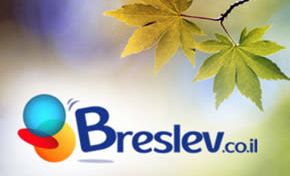
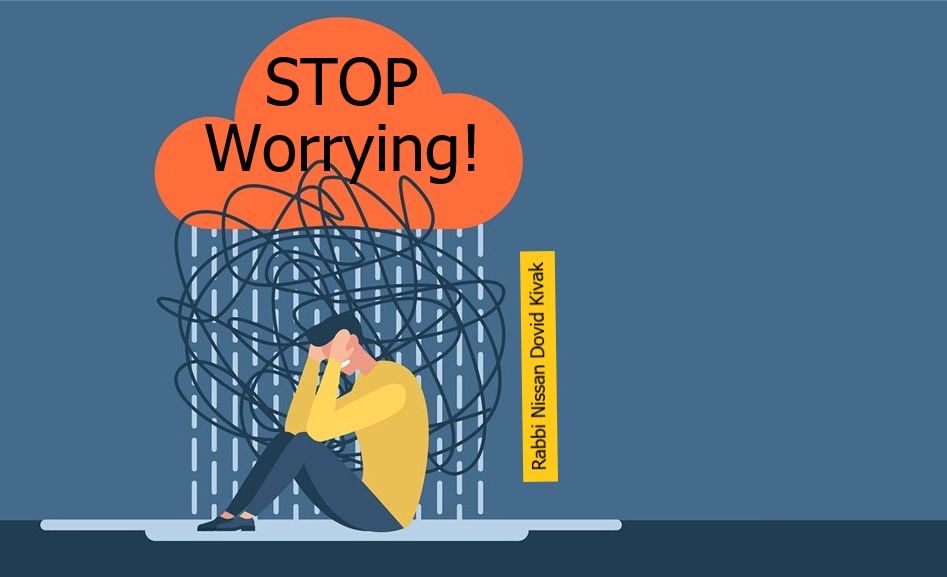
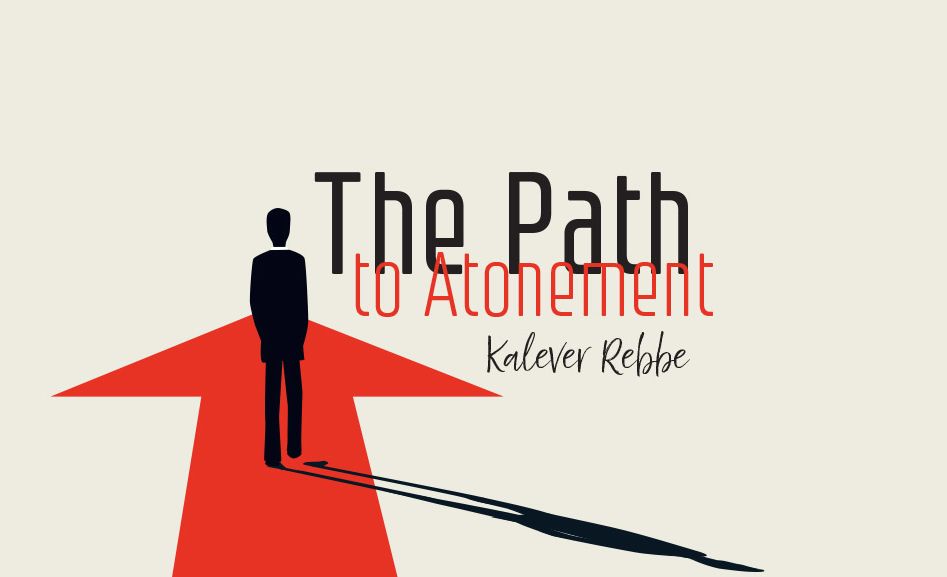

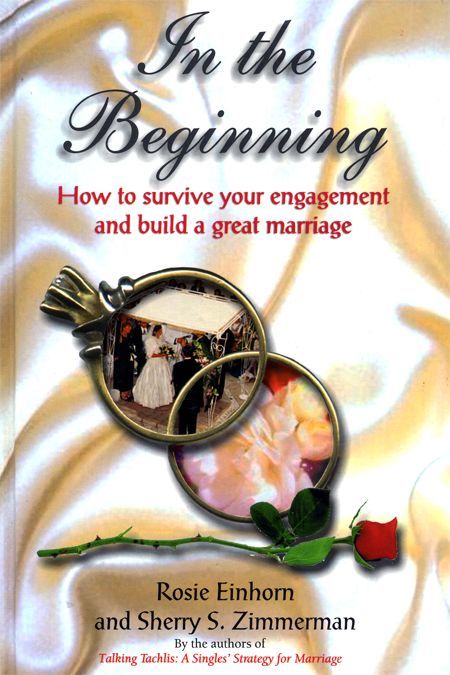
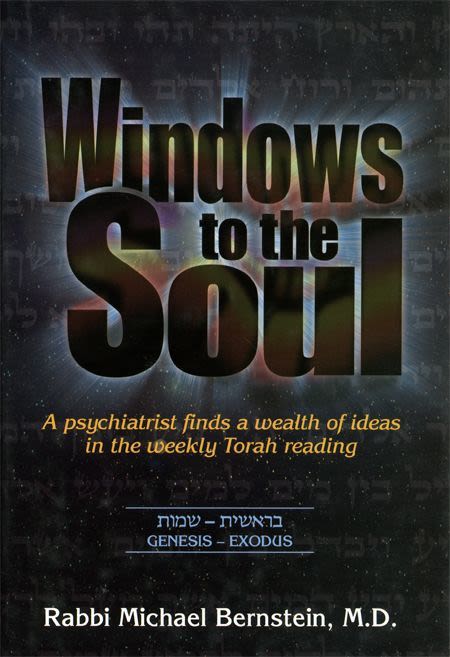


9/16/2018
Talkback
Very helpful!!!! Great point!
9/16/2018
Very helpful!!!! Great point!